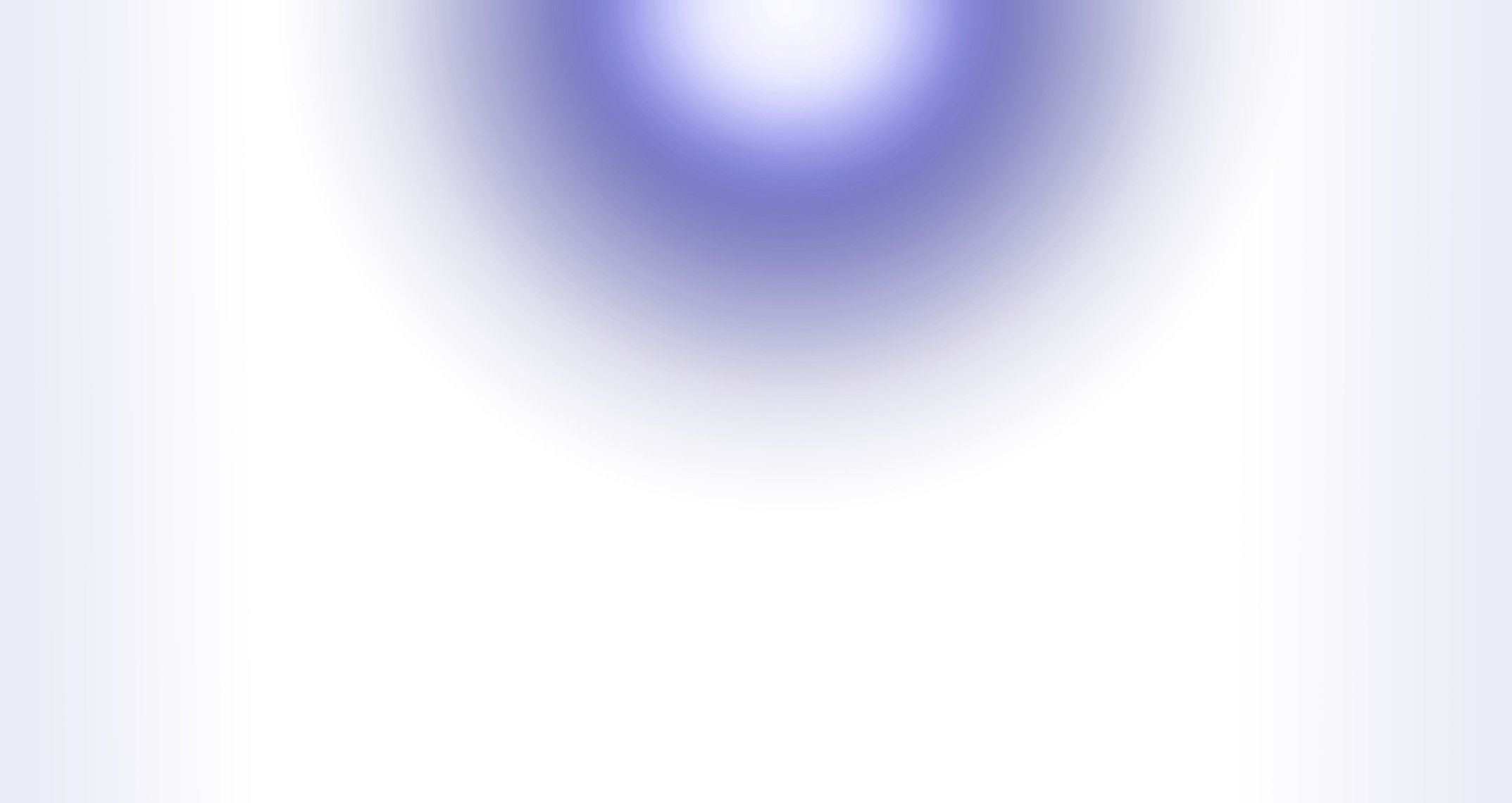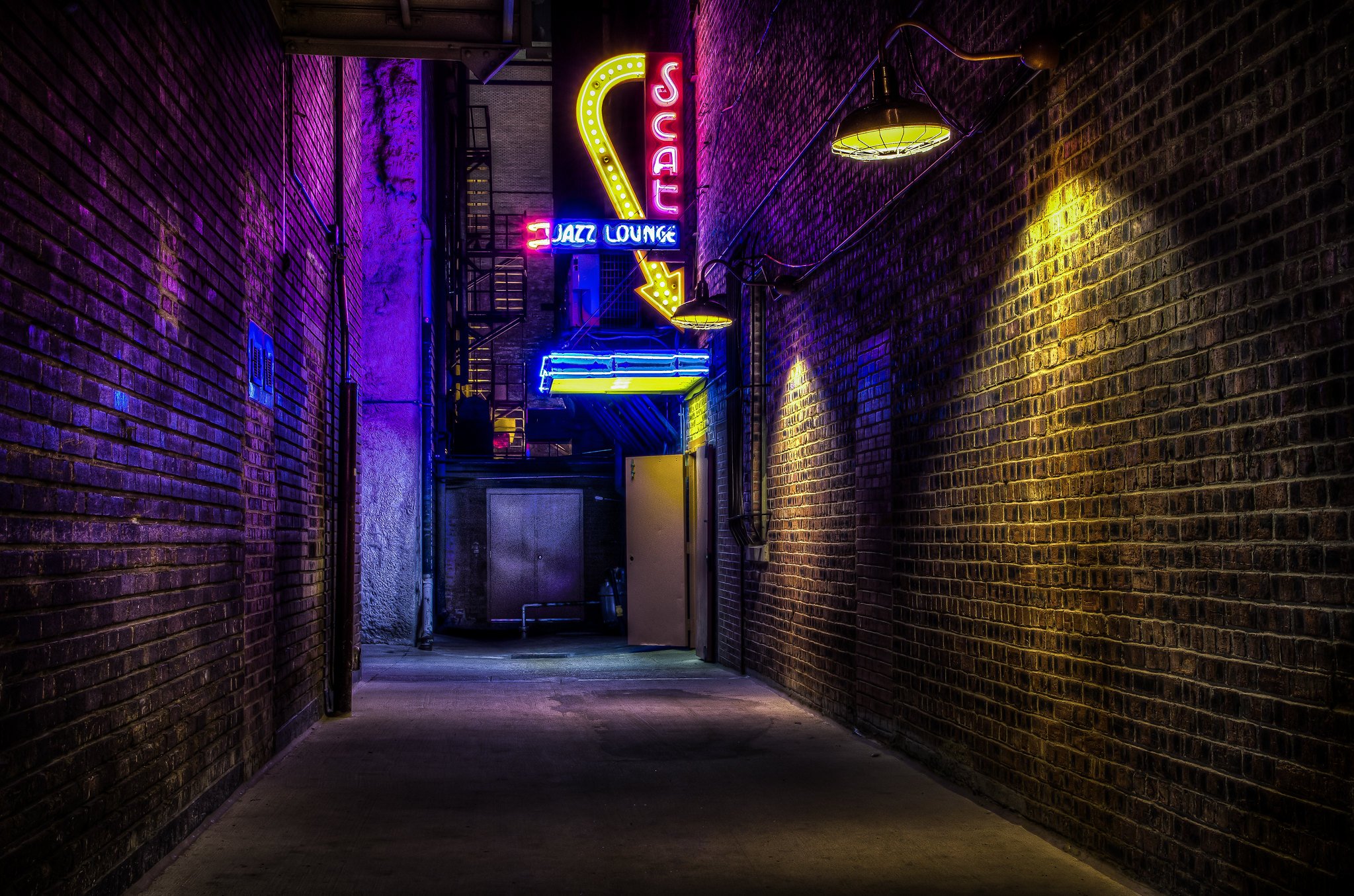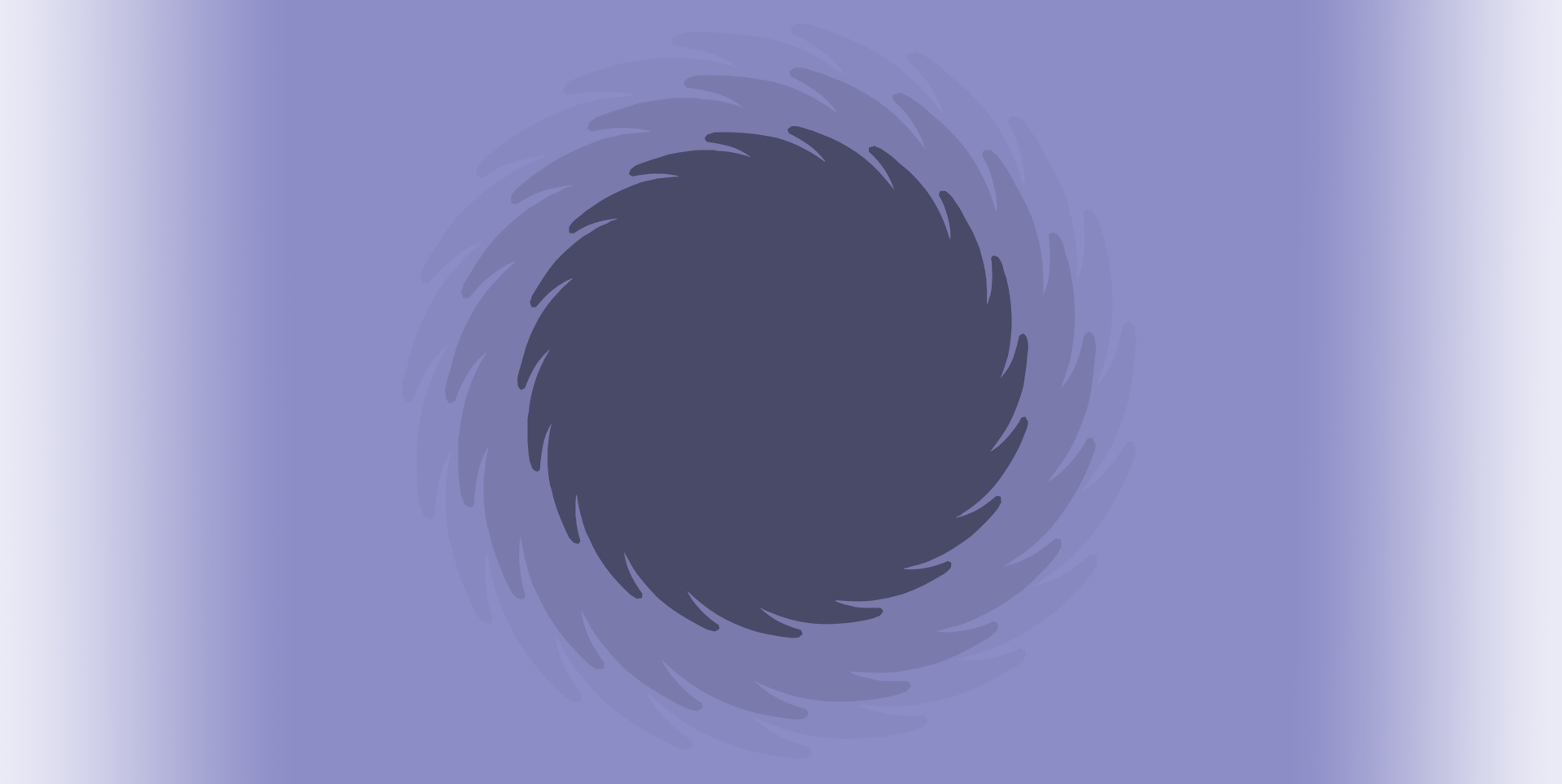
to Hive being
welcome
What is Hive Being, and Why the Name?
You have likely heard talk of a hive mind, where one global mind finds more or less figurative expression in various local minds. Such talk is common enough in nature documentaries, especially ones concerning ants or bees, and in sci-fi programs. Take that notion, at least a loose version of it, and broaden its scope. That will be a decent first step in understanding the title I have chosen both for my Blog and for the first five-volume installment of my magnum opus Made For You and Me, a fragmentary collection of minimalist stanzas from 2016 to 2020.
In alignment with Spinoza (the 17th Century Rationalist to whom I devoted my doctoral studies), I view reality in its totality as a grand hive Being: all entities are but pulsating manifestations of the buckstopping fount of everything, an ultimate being we might call “God” or “Nature” (so long as, out of respect for the capital “G” and the capital “N,” we limit it neither to some anthropomorphic cloud father hurling lightning bolts nor to mere wilderness untouched by human smog). According to the hive-Being view (where reality is one lone superorganism, a monistic—and we might even say unividualist—conception I defend in both my creative and academic capacities), each non-foundational being (each being, that is, whose essence does not involve existence) is an utterly necessitated expression or eruption or exudation of this eternal source—each is, perhaps better put, a mode or manner of being, and so a focal point through which is disclosed, what classical theists sometimes call “being itself” (ipsum esse subsistens): the realness of the real, the being of whatever may be, the sheer activity of being, the very isness of whatever is. This Blog, which duplicates my Substack, throbs as but one among many literary unfurlings of this self-necessitated foundation, this supreme wellspring, of which we—like black holes and broken beliefs, like fractal ferns and flickering flames—are the inevitable stylings.
My Journey
I am an academic who found himself pressured into early retirement by the rising tides of cancel culture. The illiberal scourge of censoring, silencing, and shaming—although always with us throughout our evolution—reached a local peak around 2021. That was the turbulent year my creative pursuits, which the old left once encouraged as a healthy outlet for the stresses of a childhood steeped in poverty and illiteracy, drew the ire of the new safe-space left. A small cadre of self-proclaimed victims and their allies, several of whom continue to berate me years later under pseudonyms as see through as their sexual infatuation, sought to erase me and my heterodoxy. They found support from a wannabe-woke dean, covered in the grand inquisitor robes of our decadent modernity (full-body tattoos) and just itching to signal his commitment to protecting “vulnerable populations” from triggering material (even if just, as it was in my case, off-duty poems “unbecoming for someone calling himself a teacher”). Although I eventually won my due-process case with the help of The Foundation for Individual Rights and Expression, I slunk away from a college that turned its back on protecting freedom of expression and from an institution increasingly intolerant of intellectual diversity.
The wrecking ball to my too-comfy office in the windowless ivory tower came with a silver lining. From the ashes of my professional aspirations rose a phoenix of increased freedom to fulfill the literary calling I have pursued for decades. Reputation concerns never stopped me, even within academia’s sterile halls of conformity. Indeed, my unapologetic defiance, which has long baffled friends and family, no doubt chummed even safe waters—almost as if I were asking for it all along—until the cancel shiver grew too frenzied to hold back its blind thrashings. But now, now I piston the most forbidden territories of human thought with no longer even a twinge of conscience. The newfound freedom means extra time to hone my craft. When not assisting special-needs communities (a day job far more rewarding than freeway-flyer drudgeries), I pursue my literary mission with Dionysian fervor.
Call for Co-Conspirators
This space, my digital sanctuary, showcases the fruits of my mission. Think of my posts, even those linking to my publications, as works in progress. I want your input, unflinching brutality included. Each post begins with an invitation to action: “Let’s workshop this [draft about x, y, z].” Your contributions, whether through public comments or my contact page, help hammer scraps of ore into polished blades fit for magazine publication.
Your input is valuable, even if you are neither a writer nor a reader of literature—twin disciplines dying by the cyber nanosecond. Sometimes—even if at the risk of uttering banalities—an outsider’s fresh vantage can pierce the veils of convention to reveal what insiders miss. It often takes an outsider to make us even think to question our ingrained presuppositions and attitudes. I stand by the hygienic value of contagion. That is one reason I advocate so strongly for intellectual diversity and freedom of expression. And that is also one reason I was so harrowed by the anti-diversity swell of cancel culture in academia (an institution that should be the utmost caretaker of such values)—harrowed especially insofar as that swell masqueraded under the gaslighting guise of “diversity”).
You will witness the breathing evolution of my writings over time. To track these changes, I label each revision by round: “ROUND 2,” ROUND 3,” and so forth. Each piece undergoes continuous refinement based on your feedback and my own revisitations. Sometimes changes will mar the work. That is the risk of creative tinkering as a finite creature. I hope you will alert me to missteps. After many semesters of university writing workshops, one rule has impressed itself upon me: when someone senses a flaw, something almost always needs to change—even if, yes, the proposed solution misses the mark (which often it does). From a quick look into the archives, accessible here, you can see how much I have benefited from your feedback so far.
My Hope
Sharing drafts can be daunting. But showing you the ravaged and unperfumed real deal unfiltered by makeup (stuttering starts and falsities, awkward line breaks and clumsy word choices, grammatical errors and misspellings)—that not only makes my work more relatable, but helps me refine things through your input. I hope the unfiltered look at the raw process of fumbling, rather than just the polished product, also helps other writers develop their craft. Imperfect works often instruct more than perfect ones: whereas the perfect ones tend to have a grace by which they slip inside us without activating our scrutiny, the imperfect ones—especially the near perfect ones—show us glaringly what not to do.
People laugh at me, seeing—in my tilting at the windmills of literary excellence—a Don Quixote clunking around in Arthurian armor in a post-knight era. I am not naïve. I am well aware of the diminishing ability to read, let alone well: slowly and deeply, with gratitude. I am also aware that my style, which often nests subpoints within larger points, never waters down virtuosity for the sake of mass appeal. I watch readers stumble over my sentences, unable to unlock even just the music of the envelope let alone the semantic meat within, which—given my tendency to flashlight through the darker facets of human nature (the addicts, the miscreants, the abusers among us)—only adds an additional alienating layer of difficulty). Beholding these depressive scenes of even supportive family members getting bucked off my syntactic bronco makes me feel like a dinosaur who should get a hint and, if not succumb to the brain rot of skibidi-toilet speak, just hang himself already. Even though the decline in linguistic background and grammatical voltage makes my compositions seem quixotic in a world binging Netflix and TikTok, I persist—raging against the dying of the light—by some internal compulsion to celebrate the richness of language and thought.
My hope is that, despite social media’s unparalleled power to farm our attention, people never forget the unique power of writing. Beyond unveiling hypocrisy, teasing out complex implications, and detailing the commonalities between even the most alien phenomena, writing offers something we need today—trapped in agoraphobic cyber bubbles only thickened by the Lyme dangers of forests and the COVID dangers of cities—perhaps more than ever. Granting us rich access to the first-person perspectives of others (to how things feel to them), writing serves as one of humanity’s best tools for combating loneliness. It allows us to linger, broadly and deeply and at high resolution, within the inner lives of others in a way that other arts can only suggest.
What to Expect
My work spans a broad spectrum: from metaphysical discourses on free will and determinism and the ontology of holes to the ephemera of western culture (whether the childhood impacts of the hypersexual mono-image of black woman as squirting twerkers or Terrence Howard’s sham revolution of mathematics). Some tight and minimal, others free-flowing sprawls; some heady and abstract, others emotional and imagistic—my inkwell musings, which often blend scholarly rigor with a dark humor from both high and low culture, aim to capture the visceral intensity of our personal and social and ultimately existential predicaments.
By no means can I deny that drug abuse, sexual assault, and the tales of the broken and the damned loom large in the tag cloud of my work. My writing will never be a paradise of easy truths and comforting lies. It will challenge you, provoke you, and at times even repulse you. I offer no apologies for the monsters I unleash. They are as much a part of us, at long root scared rodent mammals scurrying in the shadows of dinosaurs, as our noblest aspirations.
But make no mistake. It is not all downer darkness. The archives are my receipts. You will find pieces exploring the pursuit of authenticity in a media-saturated world, the search for meaning in an indifferent cosmos, and the celebration of beauty in both the sublime and the profane. I locate much of my inspiration, in fact, in novelists like Dostoevsky and poets like Ted Kooser—writers unafraid to pursue moral agendas or risk Hallmark sentimentality in an age that often sneers at sincerity.
Be they satirical dissections of modern social dynamics or poignant poems about addiction or academic articles on moral responsibility, my goal is to provoke thought, evoke emotion, and foster meaningful dialogue. Fear has not and will not stop me from challenging humanity’s fundamental taboos (like bestiality and cannibalism) or self-reflecting into the dark chaos of the subconscious, even if that means exposing the Jungian shadows—the inner Goebbels—lurking within us all!
Expect posts each day, no day missed. Donations are welcome, but I impose no paywall: it feels wrong to charge for art, especially given our date with obliteration. Feel free to explore what amounts to, at the time of writing this, close to a thousand pieces of poetry and prose here. That should give you a sense of what awaits.
Join me—specula holstered—on this literary odyssey into the public and private nooks of the hive Being. Let us navigate the labyrinth of creation together, confronting our demons and even slaying our darlings if we must. Let us dance on the razor’s edge between the sublime and the profane in pursuit of an elusive literary perfection never to be confused—as it has been confused in our declining civilization—with the pursuit of popularity or likeability over truth.
tag cloud
- poetry
- literature
- literature community
- poem
- literary
- American literature
- writing
- creative writing
- poetry community
- Michael Istvan
- Istvan
- perception
- defiance
- suffering
- existential poetry
- dissociative
- poet
- existential
- healing
- human
- sex
- adolescence
- power
- art
- artist
- mortality
- evolution
- campus warrior
- God
- death
- darwin
- Nietzsche
- substance abuse
- sensual
- Earth
- resilience
- love
- hardship
- anxiety
- Life affirming
- parenthood
- meditation
- crack
- sexuality
- murder
- prison
- parenting
- disease
- love letters
- vines
- christianity
- rape
- junkies
- religion
- faith
- hoodlum
- teen
- worship
- thugs
- Biggie
- islam
- hypocrisy
- muslims
- babies
- psychoanalysis
- pound town
- feet
- baby feet
- woke
- taboo
- care
- cops
- abuse
- olympics
- blm
- horse
- dread
- dysmorphia
- homosexual
- gymnastics
- poverty
- mental health
- addiction
- repression
- hypermasculine
- teacher
- poison
- transgressive
- social justice warrior
- fatherhood
- father
- suicide
- drugs
- philosophy
- plastic surgery
- music
- safe space
- artistry
- asian
- handjob
Posts

The Violinist
“The Violinist” is a layered exploration of the complicated relationship between an artist father and his son, marked by both resentment and unexpected joy. The opening lines, “He had pleaded for abortion / (in fear a child would smother / his art),” immediately introduce us to a father who views parenthood as a threat to his creative pursuits. This perspective frames the father’s identity, suggesting that his primary concern lies in preserving his autonomy and the freedom to create, unburdened by familial obligations. In choosing art over potential fatherhood, the father reveals his belief in the inherent conflict between creative freedom and parental responsibility.
Yet, the reality of fatherhood quickly defies these initial fears. His son, the very child he sought to avoid, becomes an unexpected source of both irritation and fulfillment. The father’s dread of being “smothered” by parental duties is inverted, as his son becomes the only other toenails he could “nibble.” This peculiar and intimate image suggests an oddly affectionate but predatory dynamic, where the father is simultaneously drawn to and threatened by the presence of his son. The act of “nibbling” evokes a primal connection, underscoring the interdependence that forms despite the father’s earlier reservations.
The poem skillfully captures the father’s ambivalence as the son grows, gradually surpassing him in various realms: “being bested by a kid / in ever-new areas (math, height, chess, / even music).” This passage reveals the father’s competitive nature, his sense of insecurity deepened by his son’s achievements. What was once a fear of being tied down becomes a more personal fear of inadequacy, as the son not only shares his interests (music) but surpasses him in them. The father’s identity, built upon his artistic ambitions, is challenged by the very person he once feared would hinder his growth.
Yet, the poem culminates in a complex emotional turn: “ominous joy / crescendoed with time.” This line evokes the musical metaphor of a crescendo, suggesting that the father’s emotions swell in intensity over time. The joy he experiences is “ominous,” tinged with darkness and perhaps an underlying anxiety about being outshone by his son. However, the fact that this joy exists at all points to the father’s realization that fatherhood, despite its challenges, has enriched his life. The competitive tension between father and son ultimately produces a deep, albeit fraught, bond, where pride and fear coexist. The poem masterfully portrays the complicated emotional landscape of fatherhood, capturing the father’s oscillation between fear of being overshadowed and pride in his son’s growth.
father-son competition, ambivalence in fatherhood, artistic ambition and family, surpassing parents, emotional complexity of parenthood, fear of inadequacy in fathers, familial intimacy and resentment, generational rivalry, creative tension in family relationships, interdependence of father and son.

Gig Economy Tonsils
"Gig Economy Tonsils” is a haunting commentary on the unending cycles of labor, addiction, and the dehumanization of the working class within the modern economy. The title itself evokes a tension between the body’s biological needs—like tonsils, part of the immune system—and the disposable nature of labor under late capitalism, where even our organs might feel like they are consumed by the demands of a ‘gig economy.’ This reference to tonsils hints at something once vital but now taken for granted or removed, much like the human spirit eroded by the pressures of endless toil and addiction.
The poem immediately confronts us with a bleak worldview. "No retirement in living sight, their manta ‘shit, ain’t none for eating either’" suggests that for the poem’s subjects—likely fentanyl-addicted laborers—there is no respite, no end in sight, no retirement from their lives of grind. The concept of retirement, typically a hopeful goal at the end of a working life, is inverted here, with the drug addicts rationalizing that there is no retirement from eating, so why should their addiction be any different? The poem cleverly critiques this rationalization, showing how addiction becomes another form of labor, one they can never escape because survival itself demands constant consumption. Just as eating is essential for life, so too does addiction become essential for enduring the drudgery of existence.
Further, the drug use is portrayed as a product of systemic neglect, captured in the line “Xmas, Easter, just hollow markers of a world in withdrawal." These major holidays, usually associated with family, renewal, and celebration, are rendered meaningless, mere markers in a calendar devoid of meaning. The juxtaposition of sacred holidays with the phrase “world in withdrawal” draws attention to the widespread emotional and physical withdrawal from life itself that accompanies addiction and endless work. The poem suggests that these traditional markers of meaning have been hollowed out by a society that prioritizes profit over people, leaving behind a populace that grinds through their lives in a fog of fentanyl and empty celebrations.
The poem also reflects on the nature of survival in a capitalistic society that never allows for rest. The fentanyl-addicted subjects are “grinding now triple shifts to stay falling,” a vivid metaphor that highlights how the endless hustle and gig economy mentality extend even to the world of addiction. These addicts, like gig workers, must constantly hustle just to survive, but rather than upward mobility or stability, their efforts lead only to a slow fall. They orbit life as if satellites, “not sharply enough to crash.” The satellite imagery underscores the sense of detachment and isolation, drifting through life in an endless, futile orbit, never quite crashing but always spiraling downward. This speaks to the nature of addiction and late capitalism alike: an unbreakable cycle that consumes both the body and the spirit, with no final conclusion—only slow decline.
The poem touches on the deep societal failure to address this condition. While drug addicts are dismissed and forgotten by society, this poem insists that their experience is emblematic of a much larger crisis: one where work, addiction, and survival are indistinguishable. The comparison between addiction and the basic need to eat blurs the line between necessity and vice, showing how even our most essential human functions have become entangled with the destructive forces of labor exploitation and capitalist survival mechanisms.
In sum, “Gig Economy Tonsils” exposes the interconnectedness of addiction, labor, and survival in a world where there is no final rest, no redemption from the grind—whether that grind is work or addiction. The poem deftly critiques both the personal rationalization of addiction and the systemic forces that create an endless cycle of consumption, where even drug use becomes another form of labor in a life with no retirement.
addiction in capitalism, gig economy and addiction, labor as survival, endless grind, perpetual addiction cycle, drug use rationalization, survival under capitalism, fentanyl addiction and labor, consumption and capitalism, systemic failure and addiction, satellite imagery in addiction poetry, capitalism and drug dependency.

Something Concrete
This poem, "Something Concrete," presents a nuanced exploration of vulnerability, regret, and the unanticipated consequences of emotional optimism. The poem starts with a "promising goodnight kiss," evoking a hopeful but fragile moment of connection following a period of emotional drought. The divorce referenced places the speaker in a liminal state, suggesting emotional recovery still in process, and the "first since the divorce" introduces a sense of tentative rebirth in the domain of intimacy. The kiss marks a return to vulnerability, and the mention of friends "worrying" adds an external layer of concern, framing the speaker's emotional leap as potentially reckless. This sets the stage for the speaker's "headlong" dive—an evocative metaphor for plunging into hopeful optimism without fully considering the risks.
The central metaphor of the "shunned pool" takes on a deeper resonance. "His ex’s joy" becomes a haunting specter of past happiness, and the pool itself functions as both a literal and symbolic space—once filled with water and joy, but now drained, emptied of its original life, much like the emotional state of the speaker. The sudden revelation that the pool has been "drained for skateboarding" by his son during the last weekend visit underscores the generational divide and the unintended consequences of miscommunication or neglect. The act of draining the pool, an innocent oversight by the speaker, takes on tragic weight as his hopeful dive is not into something sustaining but rather into a void, mirroring his internal emotional state—one where the wellspring of his ex’s joy no longer exists.
This final image of a dive into an empty pool connects to the larger themes of the poem: a dive into the past, misguided by hope, lands the speaker in a space of unintended pain, and the literal emptiness of the pool speaks to the emotional void left by both the divorce and the separation from his son. The poem illustrates the peril of engaging with past joys, now inaccessible or misinterpreted, and the unintended harm that arises from failing to recognize when circumstances have irreversibly changed.
vulnerability, regret, misplaced optimism, divorce, emotional void, generational divide, past joy, unintended consequences, intimacy, emotional recovery.

The Purloined Rorschach
"The Purloined Rorschach" engages with themes of perception, consent, and the haunting effects of representation, drawing on the interplay between visual art and psychological analysis. The title immediately evokes associations with Lacan's psychoanalytic theory as well as Edgar Allan Poe's "The Purloined Letter," suggesting a metaphorical theft or concealment of meaning. By pairing "Rorschach" with "Purloined," the poem hints at the manipulation of perception, recalling the famous psychological inkblot test, which reveals as much about the observer’s mind as it does about the ambiguous shapes themselves.
The poem opens with a failure to articulate—"She failed to pin it down / with words"—a recognition that some experiences or images resist verbalization. This inability to define evokes both the subjectivity of perception and the limitations of language in capturing what is felt but not fully understood. The negatives hanging in the art-class darkroom symbolize the incomplete or inverted view of reality. Negatives, in photography, contain all the information of the image but in reverse, and here they stand as a metaphor for how perceptions, particularly those hidden or obscured, reveal truths that are otherwise muted in their direct counterparts.
The "dangling negatives" are described as having an "eerie aura," which reflects the poem's meditation on the unsettling nature of imagery that captures people unawares—those "silent capture[s] of unwitting faces." The imagery of dripping negatives conjures a sense of both creation and dissolution, emphasizing the transformative process in which reality is manipulated and something darker or more elusive comes into focus. The "verted twins," or the original, positive versions of the images, are said to be "muzzled," implying that the negatives disclose something unspoken or unseen in the originals. In this way, the negatives amplify a hidden feature: "the bald ransack of consent," hinting at the unethical dimensions of capturing images or moments without the subject's permission or awareness.
By combining these motifs, the poem critiques both the art of photography and, more broadly, the way we consume and interpret visual media. The reference to "the silent capture of unwitting faces" calls attention to the power dynamics inherent in representation, where subjects are objectified and deprived of agency. There is an implicit tension between the act of creation and the moral implications of that creation, with the "bald ransack of consent" drawing attention to the ways in which art or media can exploit, appropriate, or violate without overt recognition.
This poem functions as a meditation on the ethics of observation, the nature of art as a form of power, and the darker aspects of how we frame, interpret, and use imagery—especially when the subjects of those images are unaware or unconsenting participants. Its brevity belies a dense engagement with questions of perception, representation, and the moral responsibilities of those who wield the camera, the brush, or the pen.
representation, consent, photography, negatives, perception, power dynamics, art ethics, imagery, visual media, unwitting faces, silent capture.


blog
FAQ

Visit my Substack: Hive Being
Visit my Substack: Hive Being

Don’t let anyone tell you that real life is lacking in poetic interest. This is exactly what the poet is for: he has the mind and the imagination to find something of interest in everyday things. Real life supplies the motifs, the points that need to be said—the actual heart of the matter; but it is the poet’s job to fashion it all into a beautiful, animated whole. You are familiar with Fürnstein, the so-called “nature poet”? He has written a poem about growing hops, and you couldn’t imagine anything nicer. I have now asked him to write some poems celebrating the work of skilled artisans, in particular weavers, and I am quite sure he will succeed; he has lived among such people from an early age, he knows the subject inside out, and will be in full command of his material. That is the advantage of small works: you need only choose subjects that you know and have at your command. With a longer poetic work, however, this is not possible. There is no way around it: all the different threads that tie the whole thing together, and are woven into the design, have to be shown in accurate detail. Young people only have a one-sided view of things, whereas a longer work requires a multiplicity of viewpoints—and that’s where they come unstuck.—Goethe (Conversations with Eckermann)

Featured Blog Posts
have appeared last night—
all those met along the way?
























